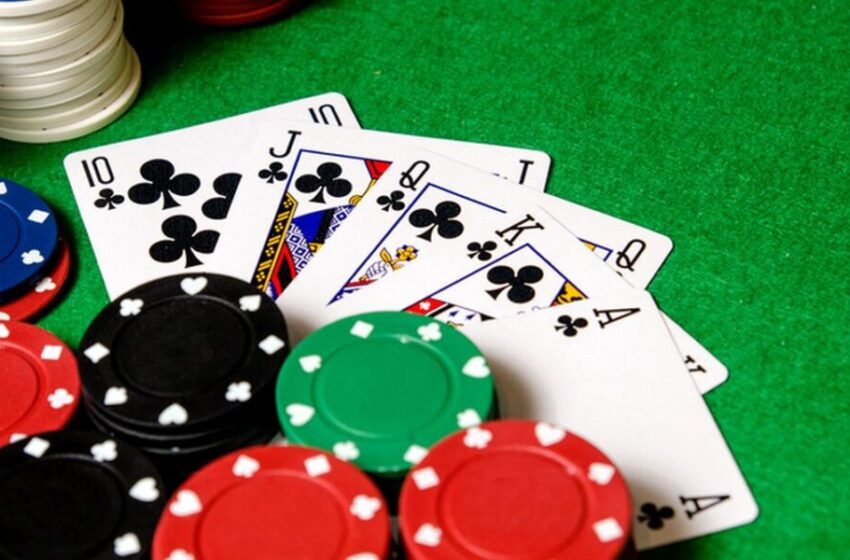7 Quick Poker Strategy Tips That Will Help Your Game

Poker is a game of skill, strategy, and decision-making. Whether you’re playing live poker or online, having a solid poker strategy is essential for success at the tables. In this article, we will provide you with seven quick poker strategy tips that will help improve your game, while emphasizing the importance of the live poker.
Play Tighter in Early Positions:
When playing poker, your position at the table has a significant impact on the strength of your starting hands. In early positions, where you act before most other players, it is advisable to play tighter and only enter pots with premium hands. This strategy minimizes the risk of being outplayed by players in later positions and increases the likelihood of winning with strong hands.
Take Advantage of Position:
Conversely, when you are in late positions (near or on the dealer button), you have the advantage of acting after other players. Take advantage of this position by playing a wider range of hands. This allows you to gather information about your opponents’ actions before making your own decisions. With position, you can potentially control the pot size and exploit your opponents’ weaknesses.
Understand Pot Odds:
Pot odds are a crucial concept in poker strategy. They refer to the ratio between the current size of the pot and the cost of a contemplated call. Understanding pot odds allows you to make informed decisions about whether to call or fold based on the potential value of your hand. Familiarize yourself with pot odds calculations and use this information to make profitable decisions.
Practice Effective Bankroll Management:
Bankroll management is essential in poker to ensure longevity and minimize the risk of going broke. Set aside a dedicated bankroll for poker and establish guidelines for the stakes you play. As a general rule, avoid risking more than 5% of your bankroll in a single game or tournament. By practicing effective bankroll management, you protect yourself from unnecessary financial stress and ensure you can continue playing and improving your game.
Read and Study Poker Strategy:
To improve your game, immerse yourself in poker strategy literature. There are numerous books, articles, and online resources available that delve into advanced poker concepts and strategies. Study different aspects of the game, such as hand reading, range analysis, and bet sizing. Continuously learning and expanding your knowledge will give you a competitive edge at the tables.
Observe and Exploit Your Opponents:
In both live poker and online games, it’s crucial to observe your opponents and adapt your strategy accordingly. Look for patterns in their betting, recognize their playing styles, and identify any potential weaknesses. Exploit these weaknesses by adjusting your play and making well-timed bluffs or value bets. Being observant and adaptable can significantly improve your win rate.
Practice Discipline and Emotional Control:
Poker is a game that requires discipline and emotional control. Avoid making impulsive decisions based on emotions such as frustration or tilt. Stick to your strategy and remain focused on making logical and calculated decisions. Learn to manage your emotions and stay composed, especially during downswings or challenging situations. Discipline and emotional control are vital for long-term success in poker.
In conclusion, incorporating these seven quick poker rules and strategy tips into your game can have a significant impact on your overall performance. Play tighter in early positions, take advantage of position, understand pot odds, practice effective bankroll management, read and study poker strategy, observe and exploit your opponents, and practice discipline and emotional control. Remember, becoming a better poker player takes time and practice, so be patient and persistent. Good luck at the live poker tables or online, and may your strategic decisions lead to success.